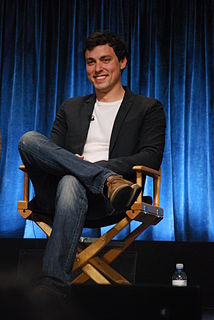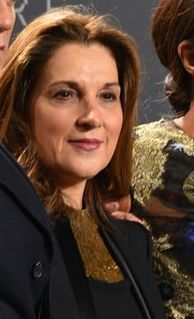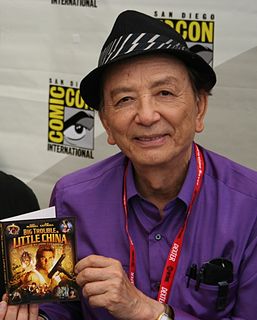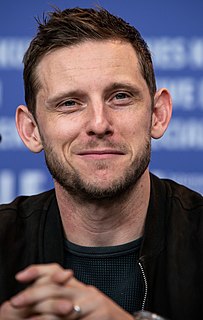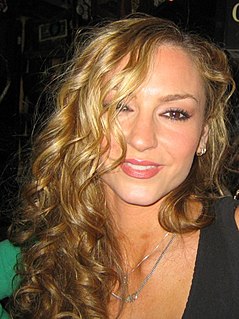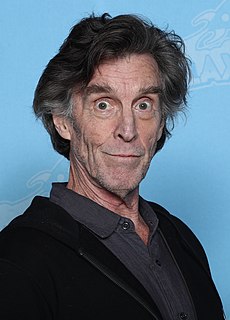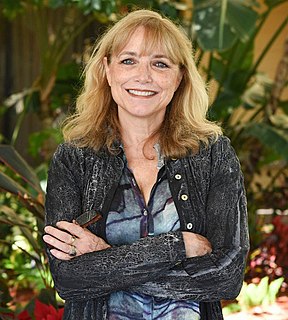A Quote by John Francis Daley
Once you see the entertainment world from both sides, you really get a greater understanding of how it all operates. As an actor going into screenwriting, I was able to understand what type of dialogue feels natural and what an actor could actually say.
Related Quotes
If you're a certain type of actor, then eventually stepping into a director's shoes is a natural transition. I've always been the actor who's very focused on the narrative, where my character is in the story, and how I can benefit the story. I've always had a technical aspect of what the lens is, how the camera is going to move, how I can feed the information the director applies within that move. If you're that type of actor, narrative-based, technically proficient, the next step is actually not that far.
You know, this dialogue is only helpful when we come, both of us, to a point where we realize that no dialogue is possible, that no dialogue is necessary. When I say understanding or seeing, they mean something different to me. Understanding is a state of being where the question isn't there any more. There is nothing there that says, "Now I understand!" That's the basic difficulty between us. By understanding what I am saying, you are not going to get anywhere.
You can say something that can really help and actor and you can say something that can really get in the way of an actor's performance, kind of cut them off from their instincts and really get into their heads. And every actor's different. Every actor requires something different. Being an actor, for me, was the greatest training to be a writer and director.
The amount of preparation I saw from someone like [David] Fincher, and how aware he is of everybody else's job on the set, and how much respect he has for every aspect of the film, and every aspect of the frame - that's the type of actor I am now; it's not the type of actor I was then. But without understanding his process, and then coming to learn it later on, I would never be the actor I am now.
The thing about the books is that they really talked a lot about what was going on inside of Bond and the inner dialogue. It's very hard to project that onto a screen because Bond doesn't talk a lot about how he feels. But, when you have an actor like Daniel Craig, he's able to convey the inner turmoil and the conflicts. He's given Bond his humanity.
My job as an actor is to try to do what the director wants me to do. I'm going to do everything I can to incorporate that note and make it work. If it doesn't work, I'll try this kind of thing, and "How do you feel about that?" If you are at odds with the director, neither one of you is going to get anywhere. You really do have to be able to make both of you happy. Even when I was younger, there were times when you have to find a way to make it work for both of you.
The visual stuff just lives inside of you. As far as really being able to take care of an actor on a set, how to talk to an actor, and how to get what you need out of a scene is probably where I might know a thing or two. Although, in TV, the actors are pretty much left alone. It's really the writer's medium more than anything.
I always wanted to be an actor, but in Edmonton, Alberta, that's not a success-oriented career. So I said, 'I'll get my (teaching) degree and then I'll see what happens, but I'll always have that to fall back on.' So if anybody were to look at me and say, 'Oh, you're an actor,' I could always say, 'Hey man, I'm a teacher!'
